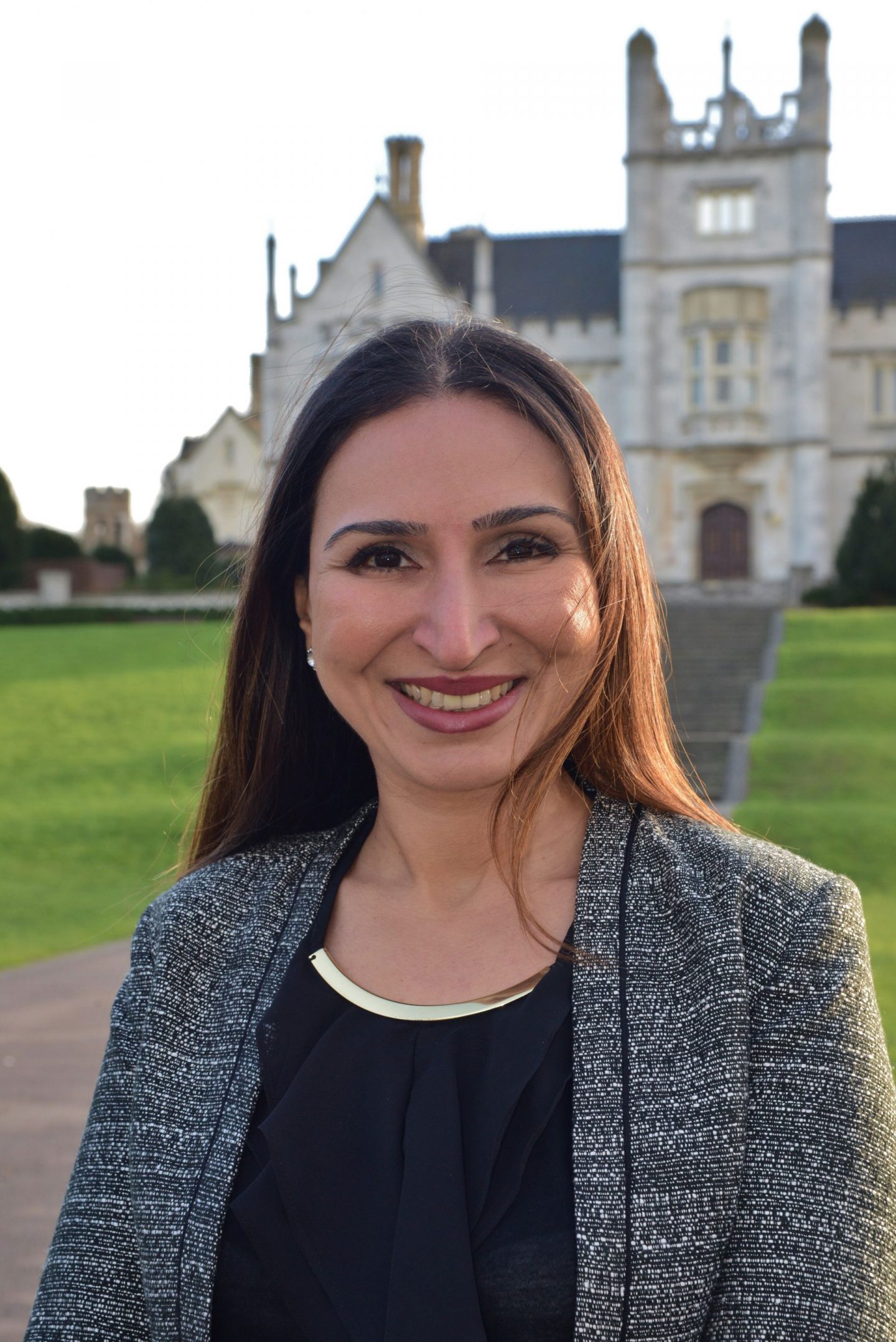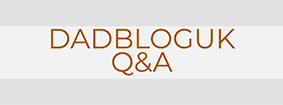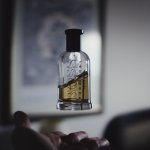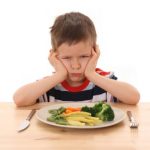Fathers do not have the practical knowledge required to lead discussions with their children about periods. I’ve paraphrased, but this was a comment recently made to me on social media. While I couldn’t agree with the spirit of the statement, dads simply don’t have the first-hand experience that mums do. I decided to do something about this and spoke to TV doctor and intimate health expert Dr Shirin Lakhani about the various period products on the market.

I was told that Dr Shirin “is on a mission to remove any taboo surrounding intimate health.” The doctor runs Elite Aesthetics in Kent and has made numerous media appearances, from BBC World news to ITV’s This Morning discussing various health issues.
I posed a number of questions to Dr Shirin. Her responses are a great starting point for any dad who wants to learn the basics about period products and Toxic Shock Syndrome.
Just to take a step back for a moment, the catalyst for this was a recent interview I did with political journalist Emma Barnett about her book Period. It’s a taboo-smashing book covering Barnett’s own history of endometriosis, as well as period poverty, the history of period products and so on. The comment about dads not having the knowledge required to lead discussions about periods was in response to Barnett’s interview. That particular interview didn’t cover issues such as Toxic Shock Syndrome or whether girls should use tampons or pads.
I felt there was a need to expand on what I’d previously written and Dr Shirin provides some great practical tips. I’m sure many guys will find them useful. Here’s what Dr Shirin said and what she thinks us dads need to know.
Dr Shirin, you’re on a mission to normalise discussions about female intimate health. Why is that?
A lot of women will suffer in silence because of embarrassment and shame about very intimate symptoms. Usually it can be sorted out relatively easily, and they need to go to see somebody to get it treated, managed and diagnosed.
Intimate health doesn’t have to be a taboo subject. Women should feel comfortable enough to talk about the issues they experience with their intimate health. Without talking about them, these issues can have a significant impact on a person’s self-esteem and wellbeing.
I think the more that people understand about their health and their bodies the better. This understanding could result in them looking for medical support or even improving their intimate hygiene.
If they don´t talk about their intimate health, there will always be a misinterpretation of symptoms. But the repercussions of not doing so can be profound. It’s time to leave judgement behind and start a conversation.
Without practical experience of having periods, men are at a disadvantage when it comes to knowing their way around the various sanitary products. This is something I was particularly keen to discuss with you. In your own words can you explain what dads need to know about:
Tampons
Although tampons do a great job at absorbing, they come with a few serious risks. This means that it’s important for you to sit down and discuss these with your daughter at the time of her period.
If your daughter is using tampons, you need to know the signs and symptoms of Toxic Shock Syndrome (TSS). It’s a dangerous infection and needs to be treated immediately. Symptoms such as a sudden high fever, vomiting or diarrhoea, a rash resembling sunburn, confusion and headaches are all symptoms of TSS.
While it’s not possible for anything to be permanent lost in a vagina, sometimes, people can struggle to remove a tampon. A doctor will be able to remove this easily and quickly.
Each pack of pads or tampons has an indicator on the side that tells you how absorbent they are. If possible, choose a package that contains different absorbency levels, especially for tampons.
There are teen products (pads and tampons) available that fit better than adult ones for younger girls.
Pads
Most people use disposable pads when they first start their periods. Of all period products, these are the easiest product to use and are simply attached to the underwear. Pads come in lots of shapes (wings /no wings) and sizes (day / night) and are made of different materials (some are plastic and bleach free, some are fragranced).
There are teen products, pads and tampons, available that fit better than adult ones for younger girls.
Liners
Panty liners aren’t for the period itself. They don’t absorb much of anything, and are more for daily use the rest of the month,
Other period products
There are also a range of sustainable period products. These include cloth pads and period pants which you wash and reuse. Or, there are Menstrual Cups which sit inside the vagina to collect blood.
Are there any other serious health issues dads need to be aware of?
Periods are completely normal and don’t usually come with any issues. However, it’s important to take your daughter to see a doctor if she experiences severe pain with every period, bleeds very heavily, has very irregular periods or suffers with depression or anxiety with every period.
To finish off, if we are to normalise discussions about periods, men, in particular fathers, have got to be comfortable and confident discussing the subject right?
Absolutely. Periods are perfectly normal. Almost all women will have them during their life. Periods don’t need to be hidden. They’re nothing to be ashamed of. They can, however, have a big impact on a girl’s life and sometimes, a girl needs her Dad.
Further information
Dr Shirin recommended visiting the Hey Girls website for further information. Hey Girls ran a campaign earlier this year called #Pad4Dads and I wrote about it at the time. There is also further information on the NHS website about periods, sanitary products and puberty.
About Dr Shirin Lakhani
Dr Shirin Lakhani is a cosmetic doctor and specialist in intimate health. She runs Elite Aesthetics in Kent, welcoming patients, both men and women, ranging in age from their mid-twenties through to their eighties and treat anything from skin concerns to anti-ageing through to treatments focused around intimate health and wellness; something Dr Shirin is particularly passionate about.







